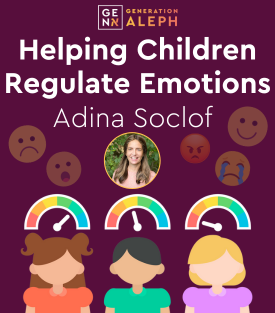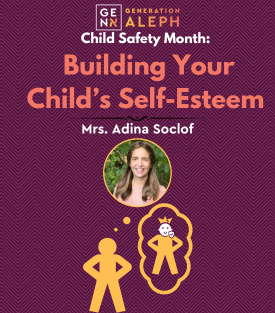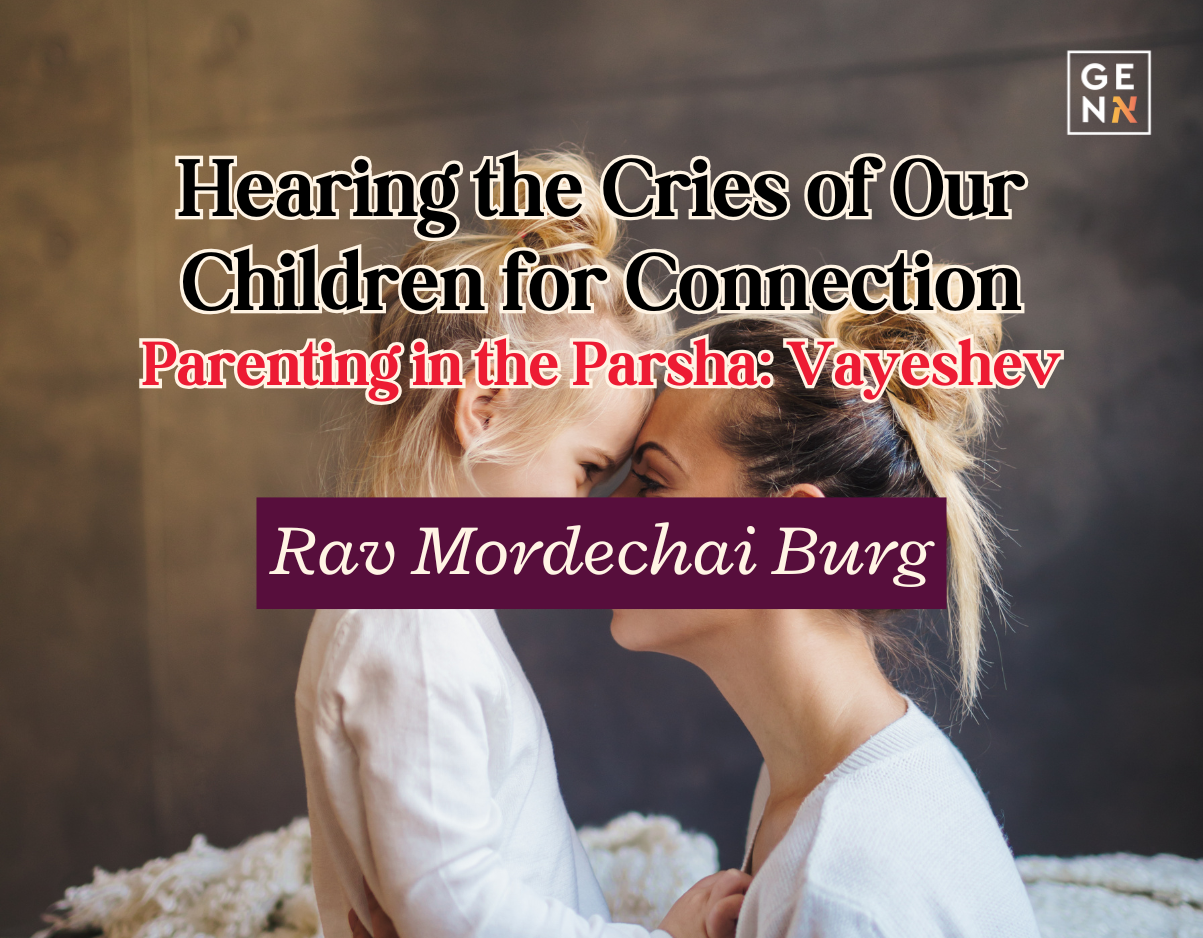So often I hear parents saying, “I am such a bad mother/father!” “My kids are always misbehaving!”
This kind of talk can make parents feel hopeless.
Being a great parent does not mean that you do everything right. It means that you will make mistakes. Lots of them! It’s just not realistic to aim for perfection. It is not even good for your kids. They need to see you blunder, say you are sorry, brush yourself off and pick yourself up again. Then they know what to do when they make mistakes.
Once we are a little nicer to ourselves and allow for errors and missteps, we might feel more confident and positive about our parenting.
One way that we can do that is to start having upbeat conversations with ourselves. That is what mental health professionals call self-talk. Self-talk is the endless stream of unspoken thoughts that run through your head every day.
These automatic thoughts are often negative. Humans have a negativity bias that is thought to stem from pre-historic times where we were always scanning the horizon for predators.
New brain research has shown that we can change our negative self-talk. We can break the cycle of negativity. We can create new neural pathways in the brain so that our thoughts are more positive in nature. Optimism and positivity can be your new neural default.
We can practice replacing our negative self-talk with positive self-talk.
Instead of saying:
“I am such a bad parent!”
“I make mistakes but in general, I am a good parent.”
“My kid are so bad!”
“Sometimes my kids misbehave, but for the most part they are good kids.”
Here are some more examples:
Instead of saying:
“I’ve never changed a diaper before.”
“I’ve never dealt with a child with disabilities before.”
Try this:
“This is an opportunity to learn something new.”
Instead of saying:
“Parenting is way too complicated.”
Try this:
“I’ll tackle this problem from a different angle.”
Instead of saying:
“I don’t have the energy or the resources to deal with this child.”
Try this:
“Necessity is the mother of invention.”
“I can manage this.”
Instead of saying:
“I’m too lazy to get all these dishes and laundry done.”
Try this:
“I wasn’t able to fit it into my schedule but can re-examine some priorities.”
Instead of saying:
“There’s no way I can do all this housework and take care of the kids.”
Try this:
“I can try to make it work. I can figure this out.”
Instead of:
“It’s too radical a change. I can’t do this with kids.”
Try this:
“Let’s take a chance.”
Instead of:
“My kids don’t tell me anything!”
Try this:
“I know I can figure out a way to open up the channels of communication.”
Instead of:
“I’m not going to get any better at this parenting stuff!”
Try this:
“I just need to try.”
Similarly we can use affirmations. They are phrases or statements that can be repeated. Some people have a daily practice and others use them as needed. They are meant to change your thinking and help you develop new positive neural pathways.
Some examples for parents are:
- I am doing the best I can for my child.
- I love my child[ren] exactly as they are.
- Challenges are an opportunity for growth.
- I can be patient.
- I am the parent my children need.
- I love being a parent. Its okay to feel frustration at times.
It may seem silly but it really does work. Talking to yourself in a positive, confident way, through positive self-talk and affirmations can truly make you into a great parent.
Submit your questions
"*" indicates required fields











